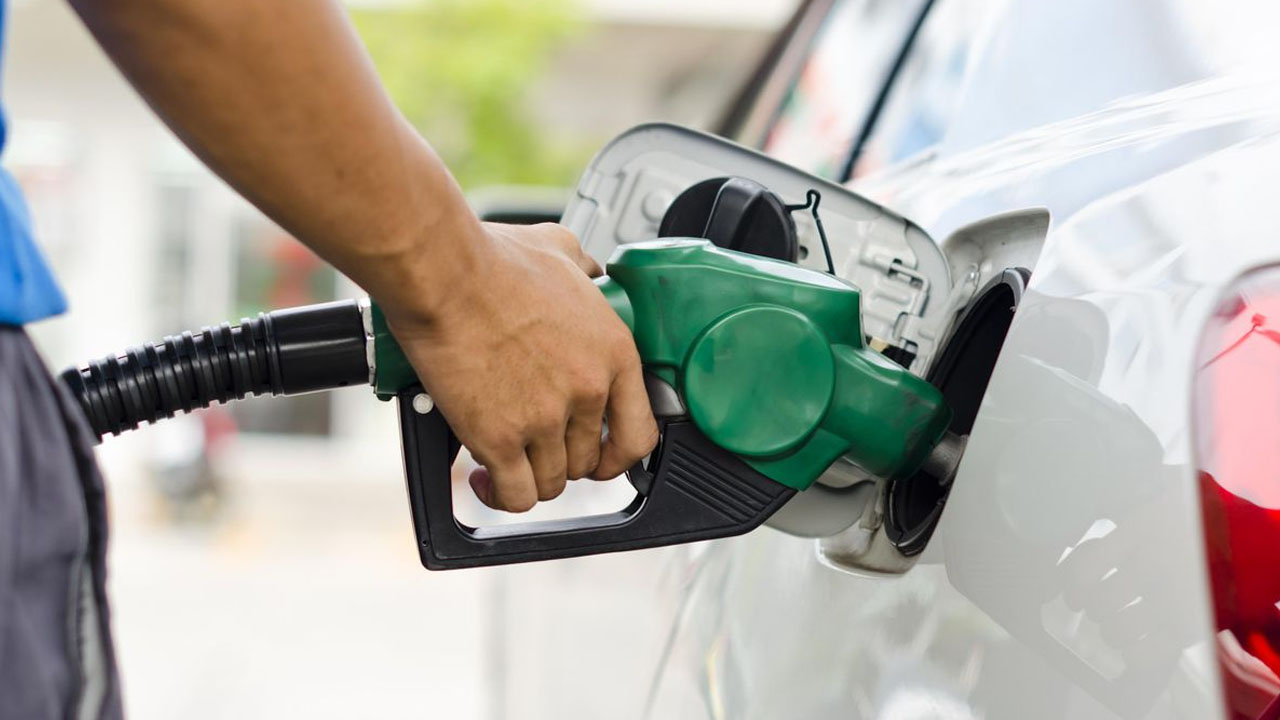
As the population grows, Nigeria and other African countries may witness a drastic increase in the demand for petrol products that will see the continent consume an additional 93 billion litres (70 million metric tonnes) of oil products, yearly, by 2040.
While the development is expected to escalate pollution, the African Refiners and Distributors Association (ARDA) said the continent might face serious infrastructure shortages, especially in the downstream sector of the oil industry.
ARDA’s Executive Secretary, Anibor Kragha, in a presentation in Cairo, Egypt, said the continent’s energy landscape was undergoing significant changes, with oil’s share of Africa’s energy mix projected to grow from 21 per cent in 2000 to 25 per cent by 2040.
This shift comes as Africa’s population is set to surge, with one in four people globally expected to be African by 2050.
Although Africa has contributed only about three per cent of global emissions, Kragha noted that its carbon output would inevitably rise as industrialisation accelerated.
He noted that a major concern is the continued reliance on traditional biomass for cooking, with 80 per cent of Africans, around one billion people, still using firewood and charcoal.
Kragha said while efforts to transition to cleaner alternatives such as liquefied petroleum gas (LPG) are underway, progress has been slow due to financial constraints.
ARDA estimates that $4 billion is needed, yearly, until 2030 to meet global clean cooking targets.
Kragha equally noted the severe infrastructure deficiencies were increasing fuel costs and causing supply disruptions across the continent.
According to him, many African ports have shallow drafts, congested berths, and inadequate storage capacity, forcing heavy reliance on road transport for fuel distribution.
In Sub-Saharan Africa, nearly 80 per cent of oil product distribution is done via trucks due to limited railway and pipeline infrastructure.
He said the inefficiencies add between $20 and $30 per metric tonne to the cost of landed fuel, a development that further strains consumers.
Kragha stated that less than six per cent of the region’s coastal storage facilities had world-scale clean product capacity, limiting economies of scale and further driving up costs.
ARDA is advocating for practical and achievable solutions to enhance Africa’s energy security, ensure cleaner fuels, and improve distribution efficiency.
Kragha emphasised the need for harmonised fuel regulations across African countries, as inconsistent product specifications and pricing policies encouraged smuggling and inefficiencies. A coordinated regional approach, he said, would improve economies of scale and enhance supply security.
Kragha added that for a shift to market-based pricing of fuel products, the current system of price regulation in many African countries must go.






